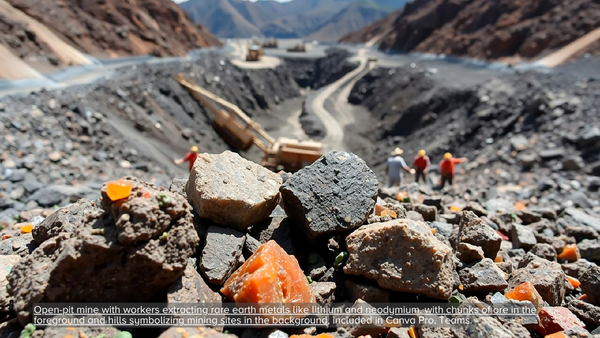16 March, the Electronic Industry Citizenship Coalition (EICC), an industry association representing over 100 electronics companies, met in Brussels. At this meeting, representatives from over 250 civil society groups and activists from electronics production countries and across the globe delivered a formal challenge to the electronics industry. Advocates called upon the industry to go beyond their current weak standards and ineffective auditing systems, and to take meaningful action to prevent and address harm to workers and nearby communities.
16 March, the Electronic Industry Citizenship Coalition (EICC) met in Brussels. This industry association that represents over 100 electronics companies, discussed its chemical management strategies. On this occasion, over 200 civil society groups and activists from electronics production countries and across the globe challenge the electronics industry to improve their act on chemicals management during the production process.
Illness and death among workers
23-year old Yumi Hwang died from leukaemia on 6 March 2007 after having worked for several years in a Samsung chip plant in South Korea. In court Yumi Hwang’s illness was finally acknowledged as a case of occupational disease, but only after eight long years of legal struggle. Thirty five workers of Yumi’s chip plant and one other plant in Korea have developed leukaemia or lymphoma. Ten have died since 2007.
Today, little has changed. There are still many ‘Yumi’s’. Electronics workers in particular in low-income countries continue to suffer exposure to harmful chemicals. Civil society organisations report hundreds of cases of electronics production workers who have fallen ill over the past five years in China, Thailand and South Korea from exposure to benzene and other chemicals used in.
Electronics industry challenged
Over 200 labour groups, environmental organisations , occupational health & safety experts, human rights organisations and other civil society groups led by the GoodElectronics Network and the International Campaign for Responsible Technology (ICRT) presented a ‘Challenge’ to the electronics industry, which outlines concerns and demands with regard to chemicals safety and urges to assume responsibility and take steps.
The Challenge emphasizes the importance of disclosure, substitution of hazardous chemicals with safer alternatives, protection of workers, freedom of association, participation of workers in workplace monitoring, environmental protection, and the need for compensation of workers, communities and the environment for harm done.
“It’s astonishing that the most technically savvy companies in the world, whose names are on our electronics, say they still don’t know all of the materials used in their own products or in their supply chain production factories,” said Ted Smith of the International Campaign for Responsible Technology (ICRT), a co-organiser of the challenge. “What we need from this important industry is safe jobs and healthy families, where the next generation of children is at least as important as the next generation of chips.”
GoodElectronics and ICRT have invited the industry to give feedback to the Challenge. EICC has set up a chemical task force. Industry representatives, however, admit that their regular corporate audits do not find that work-related chemicals-induced illnesses are a problem.
“These corporate audits don’t uncover chemical exposures and other labour rights violations all the way down the supply chain,” said Pauline Overeem, Coordinator of the GoodElectronics Network. “There is a clear disconnect between audits findings and the grim reality in many factories. That’s why we are challenging the industry to clean up its act now.”
Civil society organisations were present at the EICC meeting in Brussels 16 March, to present and discuss the Challenge.
Other cancers at Samsung plants in Korea
A worker rights group in Korea called Supporters for Health and Rights of People in the Semiconductor Industry (SHARPS) has documented a total of 193 workers who developed cancers or other illnesses at various Samsung plants in Korea, 73 of whom died. They have identified another 50 victims at other (non-Samsung) semiconductor plants in Korea, 19 of whom have died.
Cancers from RCA plant in Taiwan
Workers at the now-closed RCA plant in Taoyuan County Taiwan say that toxic chemicals caused nearly 1,000 cancer cases, and 157 deaths. Following a long legal battle in a lawsuit filed by former workers, a Taipei court is expected to issue a ruling in this case in April 2015.
Benzene poisoning
In June, the Dutch Centre for Research on Multinational Corporation (SOMO) will publish a report together with Labour Action China (LAC) on benzene poisoning in the electronics industry in China.
The Challenge is open for more endorsers. Go to bit.do/endorsethechallenge
Click on the link below to read or download “The Challenge”.










